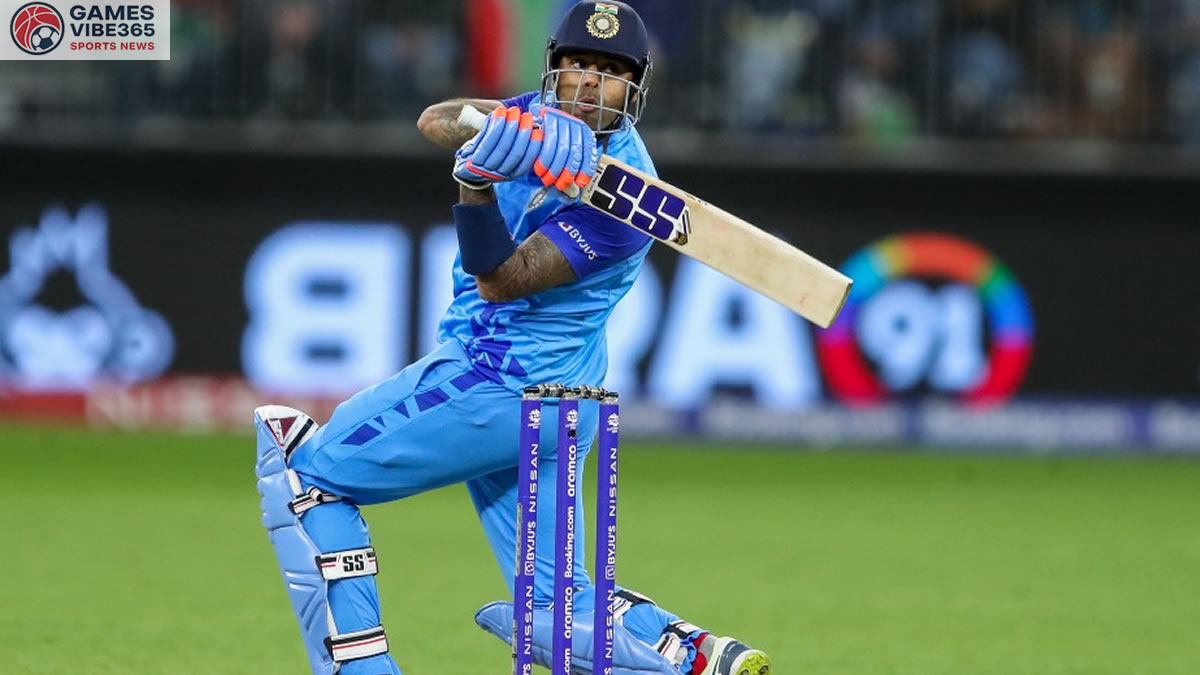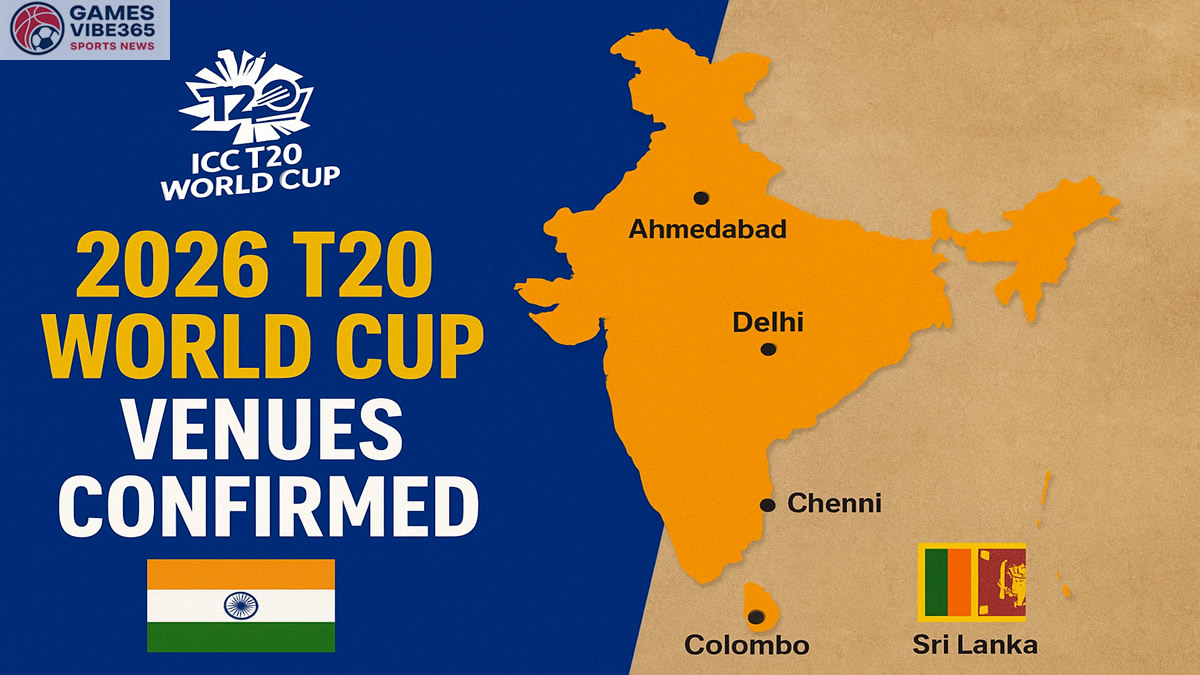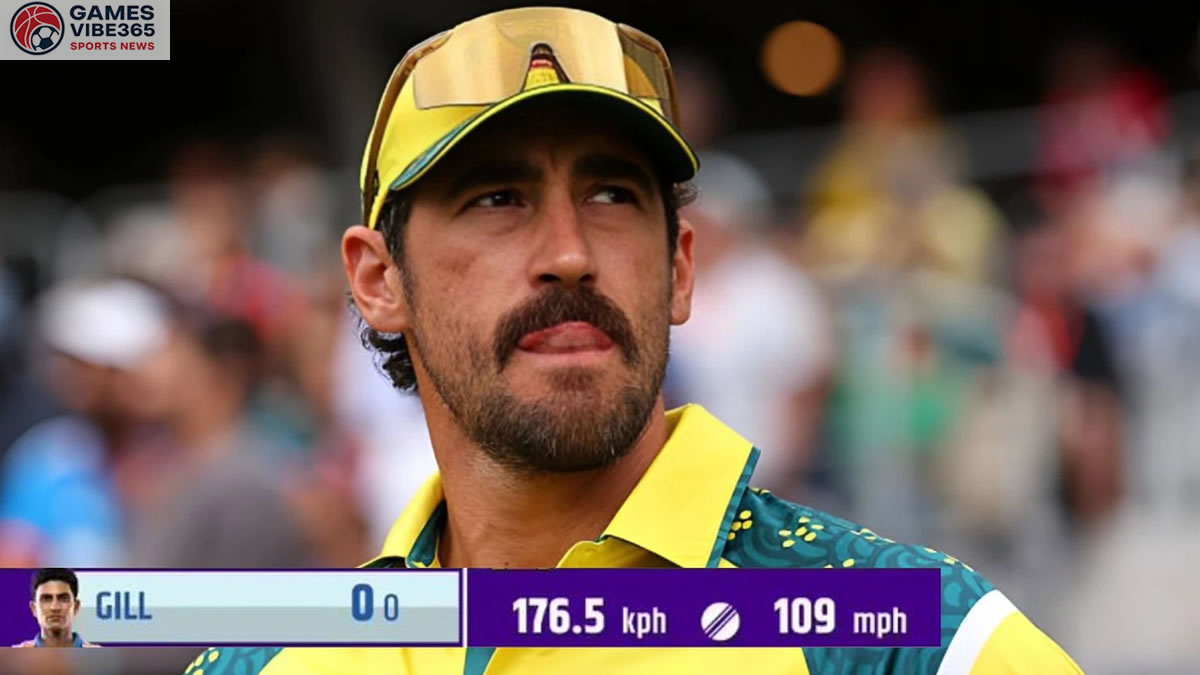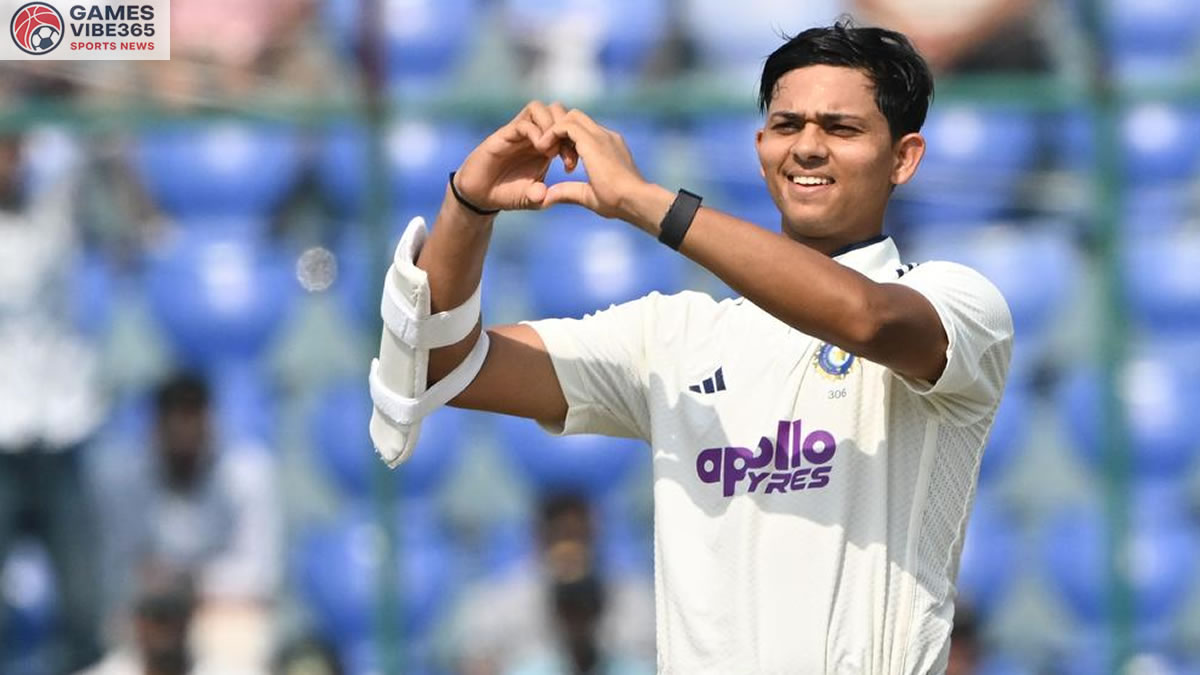The Asia Cup 2025 continues to make headlines both on and off the field, and the latest controversy involves Indian captain Suryakumar Yadav. According to reports, the skipper has allegedly requested that he not receive the tournament’s winning trophy from Mohsin Naqvi, the current chairman of both the Asian Cricket Council (ACC) and the Pakistan Cricket Board (PCB).
This unusual request has sparked widespread debate, adding another layer of tension to a tournament already defined by fierce rivalries and political undertones.
The Reported Request
An NDTV report claimed that:
“India captain Suryakumar Yadav has also made it clear that he doesn’t want the Asia Cup trophy to be handed to India by Naqvi, who is also the chairman of the Asian Cricket Council, if the team emerges triumphant in the final. This message has also been delivered to the ACC.”
If confirmed, this would be an unprecedented move in modern cricket, where protocol traditionally dictates that the head of the governing body presents the trophy to the winning captain.
Why Suryakumar’s Stance Matters
- Symbolism of the Trophy Presentation: In cricket, the act of receiving the trophy is more than just ceremonial — it symbolizes mutual respect between teams, officials, and the governing council. By reportedly declining Naqvi’s role, Yadav has challenged that tradition.
- Political Undercurrents: Relations between India and Pakistan in cricket have always been sensitive, with matches between the two nations often extending beyond sport. This reported refusal highlights how off-field dynamics continue to influence cricketing moments.
- Leadership Statement: As captain, Yadav’s position reflects not only his personal stance but also the sentiment of his team and possibly sections of the Indian cricketing community.
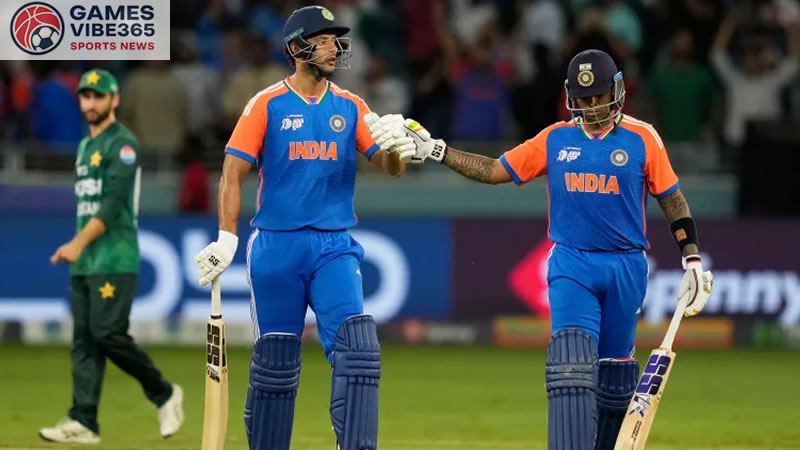
The Backstory: Shaking Hands and Avoidance
This development comes in the wake of several high-profile gestures involving Suryakumar Yadav during the Asia Cup:
- At the trophy unveiling ceremony, Yadav was seen shaking hands with Naqvi. The moment drew criticism from a section of Indian fans on social media, who questioned the optics of the gesture.
- During India’s high-voltage clash against Pakistan, Yadav avoided the customary handshake with Pakistan captain Salman Ali Agha after the toss.
- After guiding India to victory in that match, Yadav celebrated with Shivam Dube on the pitch and walked straight to the dressing room, bypassing the traditional post-match handshake with the opposition.
These incidents have fueled speculation that his reported request regarding the trophy presentation is part of a broader personal and symbolic stance.
Also Read: Pakistan Vs India Green Shirts Return to FIH Pro League with London Showdown Confirmed
Reaction From Fans and Experts
Unsurprisingly, the reports have generated polarized reactions:
- Supporters of Yadav argue that he is simply reflecting the sentiments of fans who view such gestures with suspicion due to the political tensions between the two countries.
- Critics, however, believe that the spirit of cricket demands respect for official protocol, regardless of political disagreements. They argue that the captain of a major cricketing nation should rise above such divides.
- Neutral analysts point out that these gestures, whether intentional or not, risk overshadowing India’s cricketing performance and putting unnecessary pressure on the dressing room.
Larger Implications for ACC and Cricket Diplomacy
If Yadav’s request is upheld by the Asian Cricket Council, it could set a precedent where captains dictate who presents trophies. This may undermine the authority of the governing body and complicate ceremonial traditions.
Moreover, the controversy underscores how cricket between India and Pakistan remains deeply entangled in political narratives. Even in neutral venues, symbolic moments such as handshakes, trophy presentations, and media appearances become focal points for debate.
Cricketing Perspective
Beyond the politics, India’s on-field performances under Yadav have been strong. His aggressive batting style and calm leadership have guided India to crucial wins in the tournament. Yet, the ongoing controversies risk overshadowing his achievements as captain.
For Pakistan, these gestures have also been notable. Reports from the Dubai clash described how the Pakistan players waited for the customary handshake after the match, only for the Indian side to retreat directly to their dressing room. This left an awkward end to a high-profile encounter.
Such actions highlight how player behavior in high-pressure games is scrutinized far more closely when it involves India and Pakistan.
Historical Context
This is not the first time off-field tensions have spilled into cricket:
- In the past, several bilateral series between India and Pakistan have been suspended due to political disputes.
- Trophy ceremonies and handshake traditions have occasionally been disrupted by wider geopolitical issues.
- Fans on both sides often view sporting interactions as symbolic extensions of national identity.
Suryakumar’s reported refusal thus falls into a long tradition of cricket being shaped by more than just bat and ball.
Final Thoughts
The Asia Cup 2025 has already provided thrilling cricket. But Suryakumar Yadav’s reported stance on the trophy presentation has introduced a new dimension to the tournament.
If India wins the final, all eyes will not just be on the players’ celebrations but also on the presentation ceremony. Will protocol prevail, or will the ACC adapt to Yadav’s request?
Either way, this controversy highlights the reality that India vs Pakistan encounters are never just about cricket. From handshakes to trophies, every gesture carries weight, and in this case. One decision by a captain could redefine what post-match traditions look like in Asian cricket.

